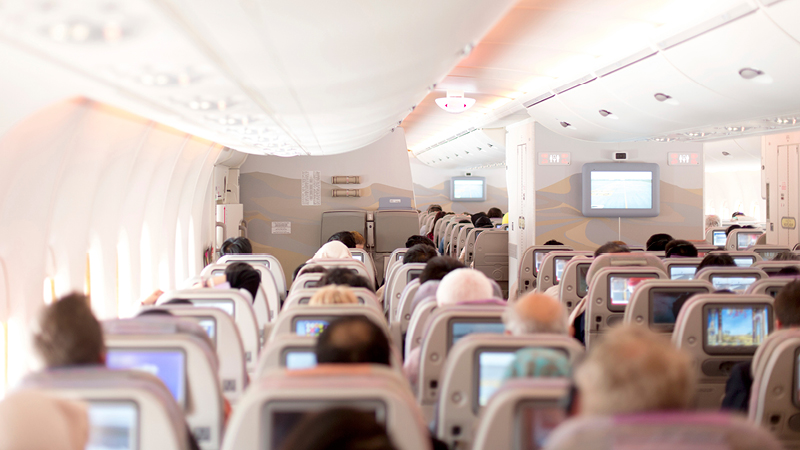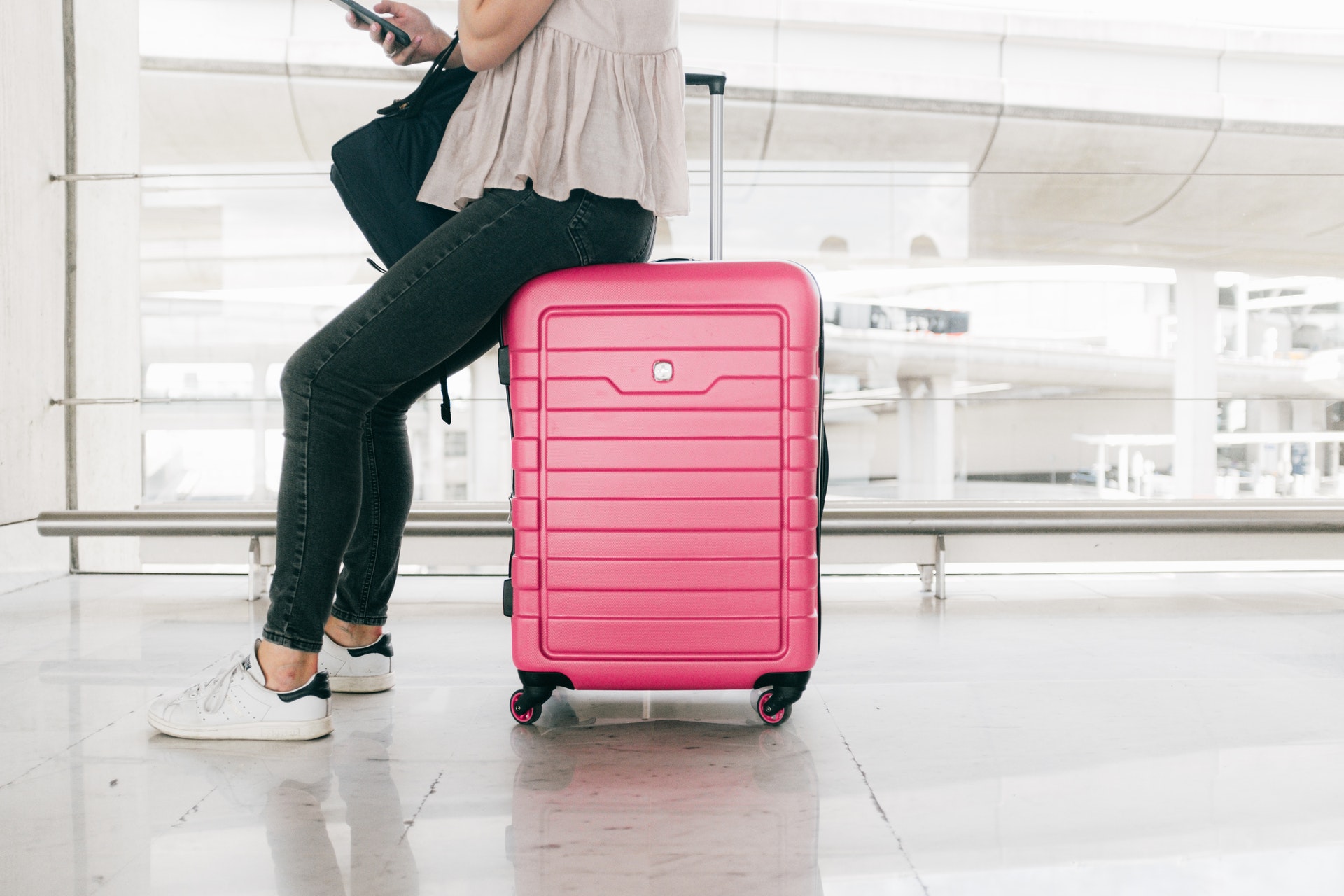Traveling either within Nigeria or internationally, is an enriching experience that exposes us to new cultures, landscapes, and adventures. However, ensuring safety and security while traveling is paramount to a successful trip.
In this comprehensive guide, we’ll explore essential security measures and practical tips to help you stay safe during your Nigerian and international travels, allowing you to focus on creating unforgettable memories without compromising your well-being.
Essential Security Measures for Nigerian and International Trips At A Glance
Below are the Essential Security Measures for Nigerian and International Trips:
- Research Destination Safety
- Secure Important Documents
- Stay Informed and Aware
- Secure Your Accommodations
- Practice Personal Safety
- Use Reliable Transportation
- Plan Safe Activities and Excursions
- Maintain Communication
Essential Security Measures for Nigerian and International Trips
1. Research Destination Safety:
Before embarking on your journey, conduct thorough research on the safety and security situation at your destination. Familiarize yourself with travel advisories, safety tips, and potential risks such as crime, political instability, natural disasters, and health hazards.
Utilize reputable sources such as government travel websites, travel forums, and local news outlets to gather up-to-date information and insights. Consider factors such as crime rates, terrorism threats, civil unrest, and health concerns when assessing destination safety.
2. Secure Important Documents:
Prioritize the security of your important documents, including passports, identification cards, visas, travel insurance documents, and itinerary details. Make digital copies of these documents and store them securely in cloud storage or email them to yourself for easy access in case of loss or theft.
Carry physical copies of essential documents in a secure, RFID-blocking travel wallet or pouch, and keep them separate from your primary belongings. Additionally, consider investing in a portable document scanner or smartphone app to digitize documents on the go.
3. Stay Informed and Aware:
Stay informed of local news, events, and developments in your destination, especially concerning safety and security issues. Monitor reputable news sources, social media platforms, and official government channels for updates and alerts.
Maintain situational awareness at all times, especially in crowded or unfamiliar environments. Be observant of your surroundings, trust your instincts, and avoid risky situations or areas with a reputation for crime or danger.
4. Secure Your Accommodations:
Choose accommodations that prioritize safety and security, such as reputable hotels, guesthouses, or vacation rentals with positive reviews and robust security measures. Opt for accommodations located in safe neighborhoods with good lighting and proximity to public transportation.
Upon arrival, familiarize yourself with the emergency procedures, exits, and security features of your accommodation. Keep your room or property secure by using deadbolts, door wedges, or portable door alarms, especially when sleeping or leaving belongings unattended.
5. Practice Personal Safety:
Prioritize personal safety by taking proactive measures to protect yourself and your belongings. Keep valuables such as cash, electronics, and travel documents secure and concealed from view, especially in crowded or touristy areas.
Avoid displaying signs of wealth or drawing unnecessary attention to yourself, such as wearing flashy jewelry or carrying expensive gadgets. Dress modestly and blend in with the local culture to avoid standing out as a target for theft or harassment.
6. Use Reliable Transportation:
Choose reputable transportation options that prioritize safety and reliability, such as licensed taxis, rideshare services, or public transportation operated by accredited agencies. Avoid unmarked or unofficial vehicles, especially in areas known for scams or fraudulent activity.
Verify the legitimacy of transportation providers and drivers before entering a vehicle, and ensure that meters are used or fares are agreed upon in advance to avoid disputes. Travel with trusted companions whenever possible, especially during late hours or in unfamiliar surroundings.
7. Plan Safe Activities and Excursions:
When participating in activities or excursions, prioritize safety by choosing reputable operators with experienced guides, proper equipment, and adherence to safety protocols. Research activities in advance and read reviews from other travelers to ensure quality and reliability.
Follow safety guidelines and instructions provided by tour guides or activity operators, and use common sense to assess risks and make informed decisions. Avoid engaging in risky or dangerous activities that could jeopardize your safety or well-being.
8. Maintain Communication:
Stay connected with friends, family, or trusted contacts throughout your travels by sharing your itinerary, contact information, and emergency contacts. Establish regular check-in times or communication protocols to ensure that someone knows your whereabouts and well-being.
Carry a fully charged mobile phone and portable charger with you at all times, and familiarize yourself with local emergency numbers and procedures. Consider using travel safety apps or services that allow you to share your location and request assistance in case of emergencies.
Conclusion:
Whether within Nigeria or abroad, traveling offers endless opportunities for exploration, discovery, and adventure. However, ensuring your safety and security should always be a top priority. By following the essential security measures outlined in this guide, you can minimize risks, stay informed, and enjoy a safe and memorable travel experience.
From conducting thorough research and securing important documents to staying informed, and aware, and practicing personal safety, incorporating these measures into your travel preparations will help you navigate potential challenges and enjoy peace of mind throughout your journey. Safe travels!


